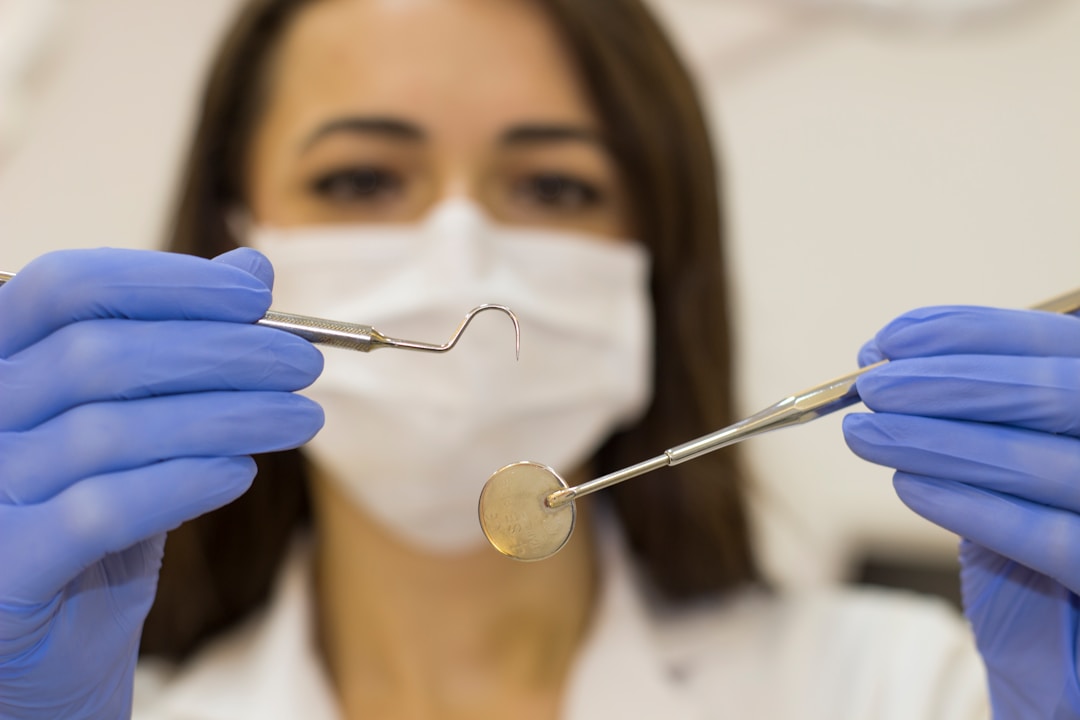The state of your dental health greatly influences the state of your overall health. This is why an oral health problem can also lead to the development of serious medical conditions such as cardiovascular disease. To make your oral health a priority, follow these three steps.
1. Schedule routine dental exams.

Dental experts recommend having a routine dental examination at least twice every year. A routine dental exam is important because it’ll allow your hygienist to perform routine professional cleaning which is essential in getting rid of tartar and plaque build-up. Besides this, your dentist will perform a dental checkup to identify any signs of gum disease, oral cancer, cavities, and other dental problems.
Preventive dental care is a great way to ensure that your dentist captures minor dental issues before they cause future problems. If you need help finding a periodontist, dentist, or dental hygienist, consider visiting the Australian Dental Association (ADA) website, asking family and friends for referrals, or asking your insurer to recommend dentists within their network.
During your initial dental visit, don’t be afraid to ask your dentist, periodontist, or hygienist about their years of experience in the dental industry, their level of education, and the type of dental treatments they offer.
2. Take your supplements regularly.

While maintaining good dental hygiene—flossing, proper brushing—is essential in caring for your oral health, the food we eat, and the nutrients they provide are also essential to your dental health. According to the International Journal of Environmental Research and Public Health, chewing while we eat allows us to obtain nutrients from the food we eat. Consequently, nutrient deficiencies can lead to dental problems such as tooth loss and gum problems. To avoid these dental issues, incorporate some of the essential vitamins for gum health into your diet.
Some of the essential vitamins for oral health include calcium, vitamin A, vitamin C, phosphorus, and vitamin D. A vitamin D deficiency can result in tooth decay, gum disease, and cavities. This is because vitamin D is responsible for teeth and bone repair. Vitamin C is an essential vitamin because it helps fortify the connective tissues in your gums. These tissues are responsible for holding your teeth securely in place. A vitamin C deficiency can lead to gum disease and bleeding gums.
If you’re looking for a way to start a vitamin regimen, a vitamin subscription service is a great way to help you get your daily dose of vitamins. To start, a monthly vitamin subscription service will ask you to select an area of your health that you’d like to work on or a health goal that you’d like to achieve. Some of the most common categories include gut health, women’s health, vitamin B12 deficiency, and bone health, to mention a few. From there, the supplement subscription company will help you customize the best personalized vitamin packs, to help you meet your overall health needs.
Always consult a registered dietitian or nutrition expert before starting a new dietary supplement, especially if you’re on prescription medication. A consultation with a nutritionist will be helpful to rule out any potential drug-nutrient interactions.
3. Reduce your intake of sugary foods.

Excessive sugar consumption is responsible for several oral problems, the most common being tooth decay. So instead of having a starch-heavy diet, follow the American Dental Association’s recommendation and try incorporating a healthy serving of leafy greens, lean sources of protein, whole grains, and fiber-rich foods into your diet.
Making small changes to your routine, especially where food and drink are involved can improve your dental health significantly. Keep your daily brushing at two times a day, schedule routine dental checkups, and remember to take your supplements and vitamins regularly.





